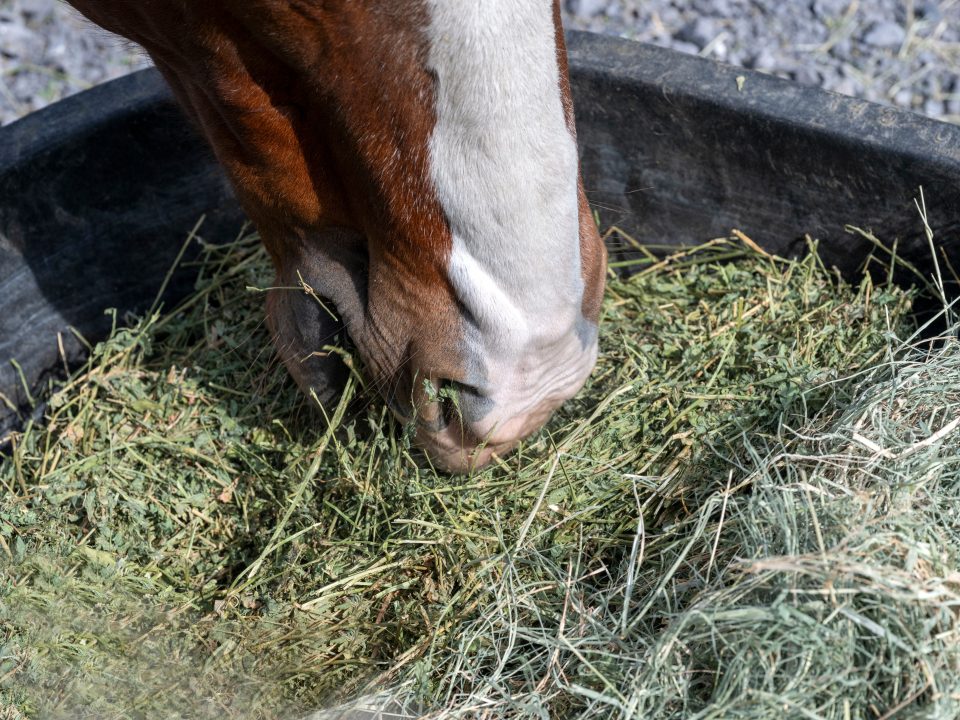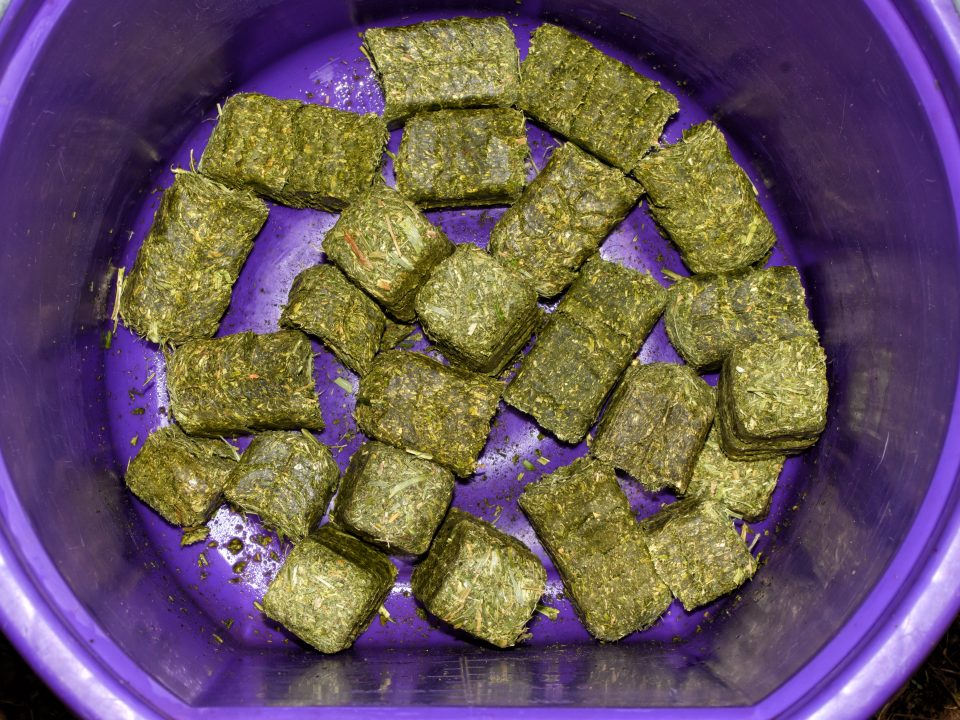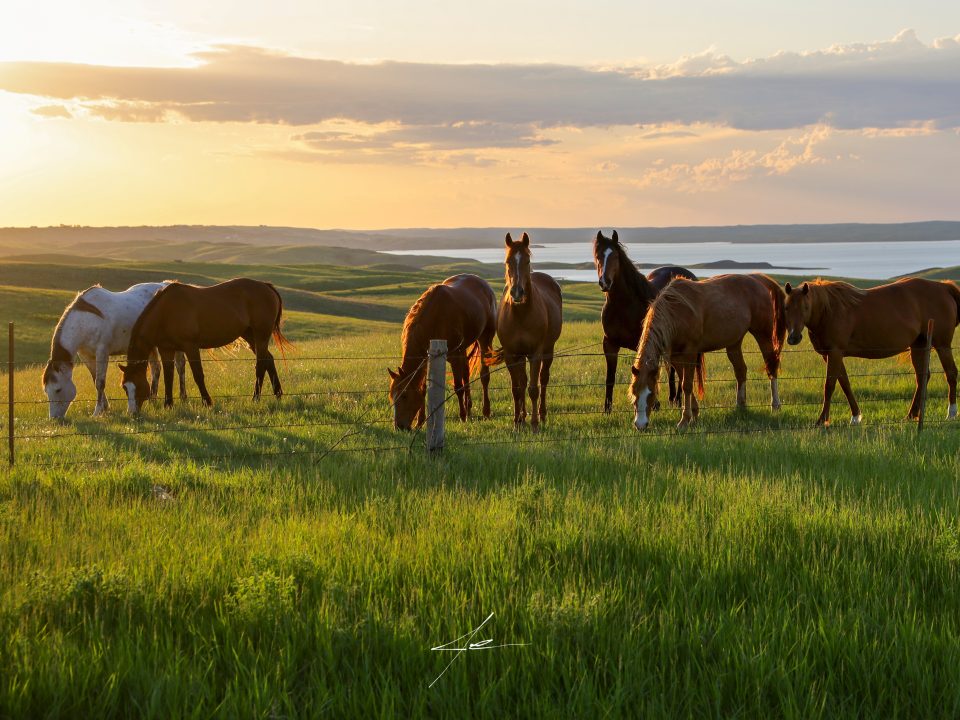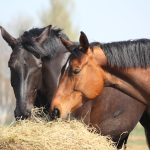
Horse Weight Management for Easy Keepers vs. Hard Keepers
June 6, 2025
How to Properly Store Horse Feed to Keep It Fresh & Pest-Free
June 11, 2025Smooth Transitions: How to Switch Your Horse’s Feed Without Digestive Issues
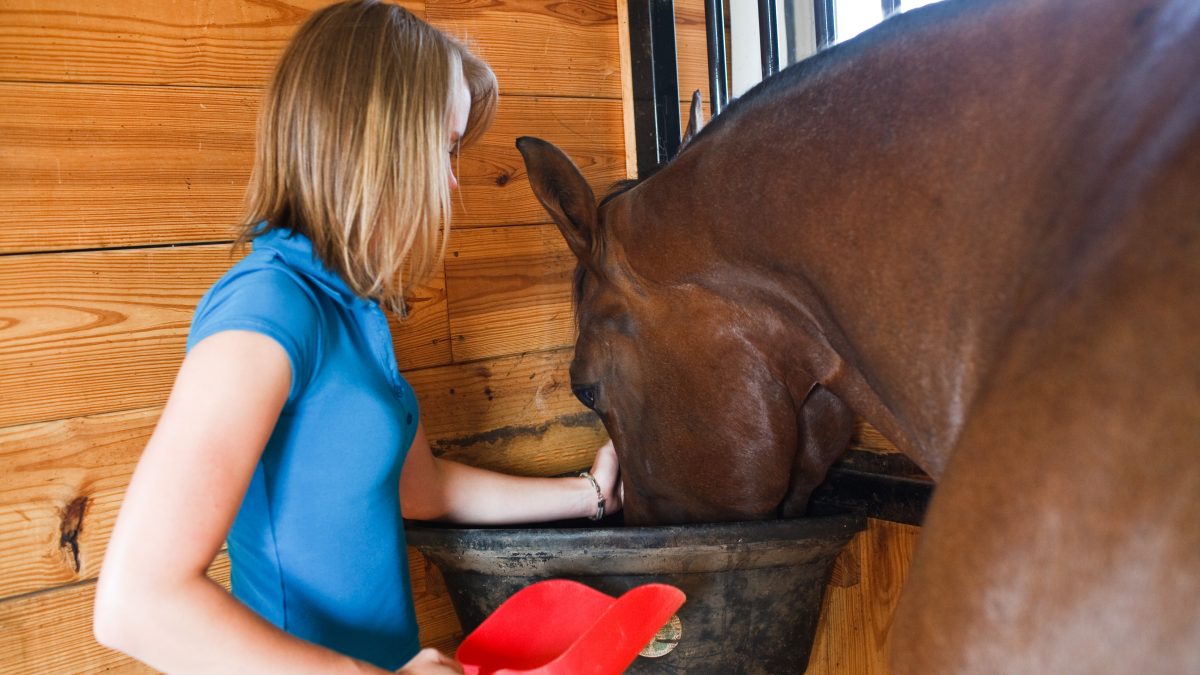
Changing your horse’s feed isn’t something to take lightly. Whether you’re upgrading to a senior formula, adjusting for seasonal needs, or trying a new brand, a sudden switch can upset your horse’s sensitive digestive system. But with a little planning and patience, you can make the transition smooth and stress-free—for both of you.
Why Transitions Matter
Horses have a delicate balance of microbes in their hindgut that help break down fiber and absorb nutrients. Abrupt changes in feed can disrupt this microbial population, leading to issues like colic, diarrhea, or loss of appetite. A gradual transition gives your horse’s digestive system time to adapt.
Step-by-Step Transition Plan
1. Start Slow (7–10 Days Recommended)
Begin by replacing just 25% of your horse’s current feed with the new feed. Every 2–3 days, increase the proportion of new feed while decreasing the old feed. A typical schedule might look like this:
• Days 1–3: 25% new feed, 75% old feed
• Days 4–6: 50% new feed, 50% old feed
• Days 7–9: 75% new feed, 25% old feed
• Day 10+: 100% new feed
2. Monitor Closely
Watch for signs of digestive upset such as loose manure, bloating, or changes in appetite or behavior. If you notice any issues, slow the transition or consult your veterinarian.
3. Keep the Rest of the Diet Consistent
Avoid making other changes (like switching hay or adding supplements) during the transition. This helps isolate any reactions and keeps your horse’s gut stable.
4. Use Probiotics for Extra Support
Probiotics like those found in Actiguard-EQ™ can help stabilize the gut microbiome during transitions. They support feed efficiency and reduce the risk of colic or diarrhea—especially helpful for senior horses or those with sensitive stomachs.
5. Hydration Is Key
Ensure your horse has constant access to clean, fresh water. Dehydration can worsen digestive issues and slow the adjustment process.
When to Transition
- Seasonal changes (e.g., moving from pasture to hay)
- Life stage changes (e.g., from adult to senior feed)
- Health needs (e.g., metabolic conditions, weight management)
- Product availability or brand updates
Final Thoughts
Feed transitions don’t have to be stressful. With a gradual approach, close observation, and a little digestive support, your horse can adjust comfortably to a new diet. Whether you’re switching to a specialized formula like Country Companion Senior Equine or simply trying something new, your horse’s health and comfort should always come first.
At Country Companion, we care deeply about your horse’s well-being and are committed to being your partner in building a strong nutritional foundation. For high-quality feed and forage products, explore our options at Equine & Multi-Species Feed – Country Companion

